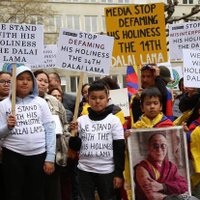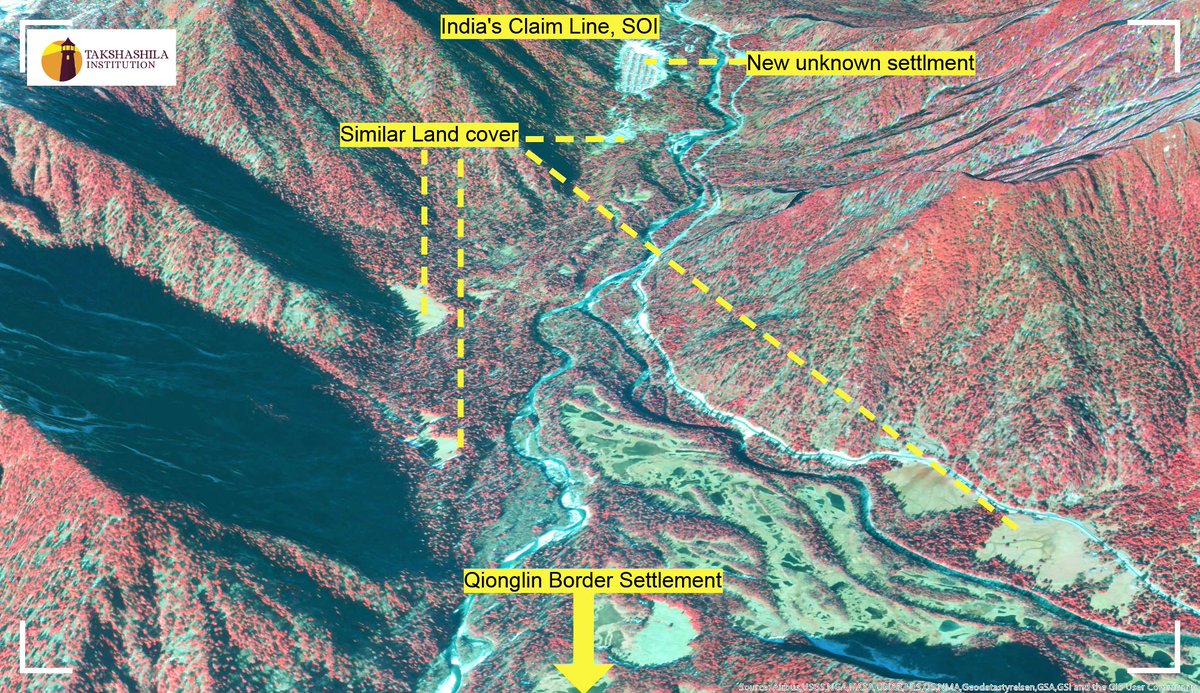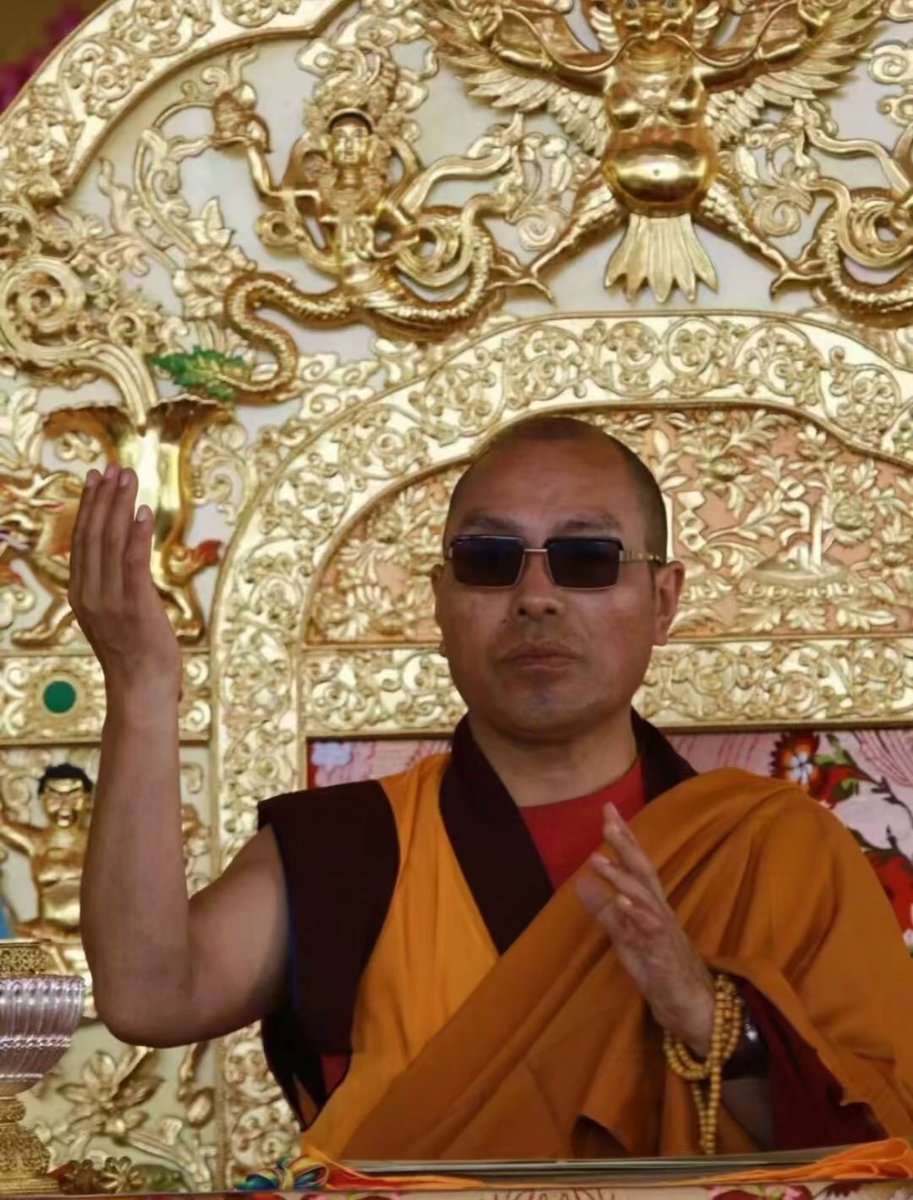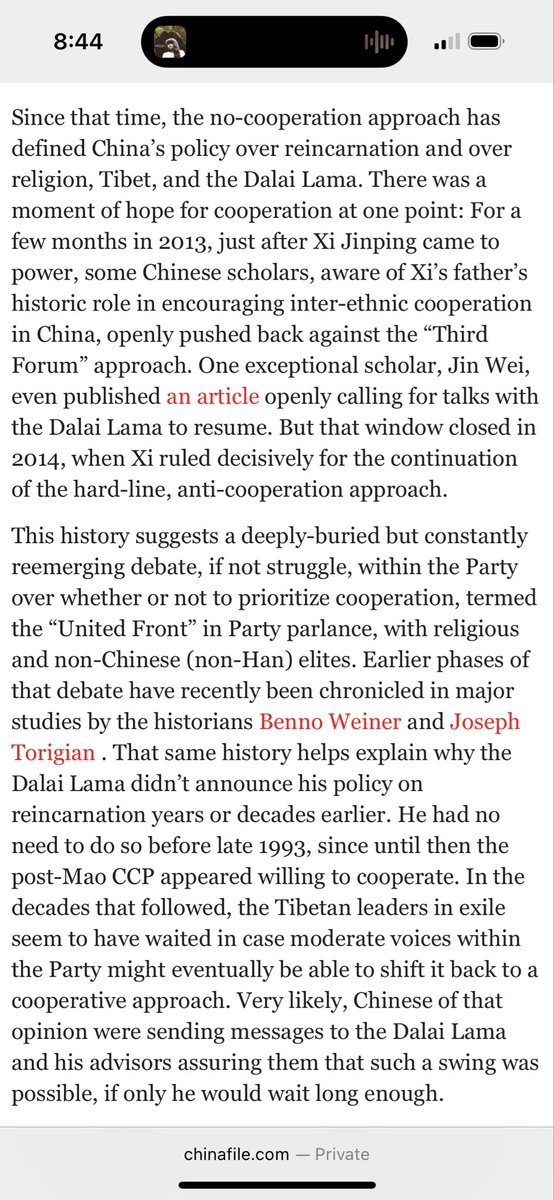
Robert Barnett
@robbiebarnett
Looking to further discussion and ideas relating to Tibet, Xinjiang & Mongolia.
ID: 278704483
07-04-2011 20:11:15
3,3K Tweet
6,6K Followers
1,1K Following





Recent imagery courtesy of Maxar Technologies shows continued Chinese construction efforts on sites in the disputed areas in northern Bhutan. These photos were taken in November 2024 and show progress at the villages of Jielobu, Mabjathang, Demalong and Minjiuma. 📸 Maxar Technologies 🇨🇳🇧🇹






🧵1/ NEW ARTICLE: “Vanishing Quotas” — a deep dive into how the CCP under Xi Jinping is quietly but systematically dismantling Tibetan political representation in favour of Han dominance. The China Journal A thread.👇


3/ Using Devendra Kumar's dataset of 12,000+ cadres in the Tibet Autonomous Region (TAR) from 2010–2024, we document a sharp decline in Tibetan representation—especially in powerful Party and state positions.










